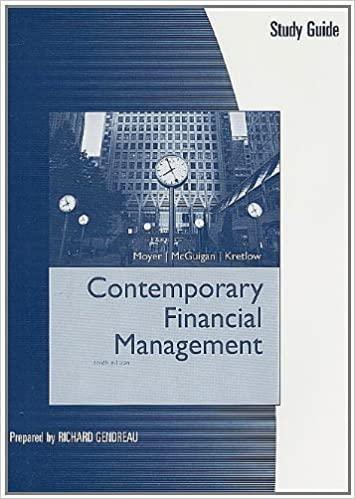Answered step by step
Verified Expert Solution
Question
1 Approved Answer
SAVING AND INVESTING Spend less so you can save and invest more. SAVINGS VS INVESTMENT Savings is the portion of income that is not

SAVING AND INVESTING "Spend less so you can save and invest more. SAVINGS VS INVESTMENT Savings is the portion of income that is not to spent to be preserved for future use. Investment is a monetary asset purchased with the idea of generating income in the future and grow your wealth. First, recognize that financial objectives are rarely achieved without forgoing or sacrificing current consumption (spending on goods and services). This restraint is accomplished by putting money into savings (income not spent on current consumption) for use in achieving future goals. Some savings are actually investments (assets purchased with the goal of providing additional income from the asset itself). HOW TO SAVE? Filipinos have the lowest savings rates among the countries in the world. When asked, they typically complain that there simply is no money left over at the end of the month. In a sense, they are correct, but they are thinking about savings in the wrong way. Wise individuals take a different approach. They follow the saying "pay yourself first," which means to treat savings as the first expenditure after-or even before- getting paid. Build savings into your budget right from the beginning. In this way, you can effectively build funds to provide for large, irregular expenditures or unforeseen expenses, meet short-term goals; or save for retirement, a down payment on a home, or children's college education, Saving is not glamorous, slow and steady wins the race. Before: SALARY-EXPENSES = SAVINGS Now (applying the "pay yourself first"): SALARY - SAVINGS = EXPENSES EMERGENCY FUNDS Your first savings goal is to accumulate enough money to cover living expenses (perhaps 70 percent of gross income) for three to six months. This money will serve as an emergency fund in case of job layoff, long illness, or other serious financial calamity. For a person with a 360,000 gross annual income, a three- month emergency fund would be 63,000 (#360,000 + 12 = P30,000; 30,000 0.70 = P21,000 for each month). People who should consider keeping more funds available - perhaps income to cover six months to a year of living expenses-Include those who depend heavily on commissions or bonuses or who own their own businesses. Most people do not have a sufficient emergency savings fund. Instead, they rely on credit cards when an emergency or unforeseen need arises. This is an unwise way to manage finances. Creating an emergency savings fund can be done by breaking it into monthly savings targets and then setting aside the money until you reach the goal.
Step by Step Solution
There are 3 Steps involved in it
Step: 1

Get Instant Access to Expert-Tailored Solutions
See step-by-step solutions with expert insights and AI powered tools for academic success
Step: 2

Step: 3

Ace Your Homework with AI
Get the answers you need in no time with our AI-driven, step-by-step assistance
Get Started


